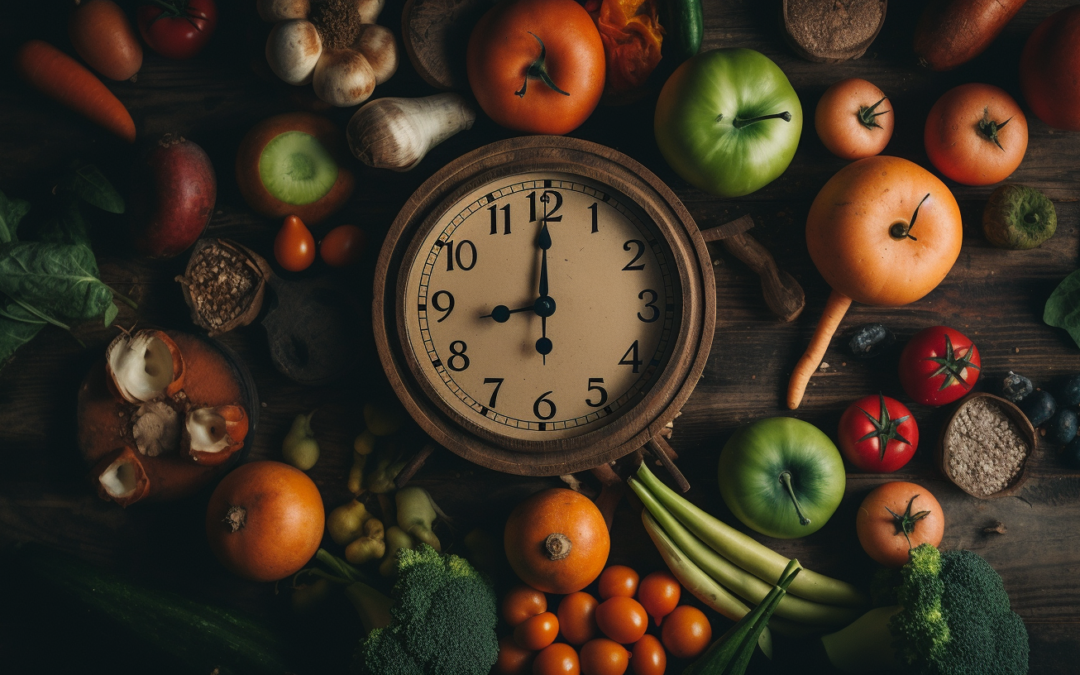How Long Can You Survive Without Food: Understanding Human Limits
When it comes to survival, the human body is a marvel of adaptation and resilience. But just how long can you survive without food? This fundamental question delves into the core requirements for sustaining life and the limits of the human body’s survival mechanisms.
In the absence of food, the body relies on its internal energy reserves to function. Typically, an average person can survive without food for about 1 to 2 months. However, this timeline can vary significantly based on individual factors such as overall health, hydration levels, and body fat percentage.
As the duration of food deprivation extends, the body undergoes a series of complex physiological changes to conserve energy and maintain essential functions. Understanding these processes sheds light on the crucial role that food plays in fueling our bodies and ensuring survival in challenging circumstances.
Join us as we explore the fascinating science behind how long the human body can survive without food and gain valuable insights into the importance of nutrition for overall well-being and vitality.
Limits of Human Survival Without Food
Have you ever wondered how long a person can survive without food? Let’s dive into the limits of human survival without sustenance and explore some remarkable survival stories that defy the odds.
Average Duration Without Food
Under normal conditions, the average person can survive without food for about 3 weeks, which is approximately 21 days. This timeframe varies depending on factors such as individual health, hydration levels, and external conditions. The human body is resilient and can adapt to short periods of fasting by utilizing stored energy reserves.
Extreme Cases and Survival Stories
In extraordinary circumstances, there have been instances of individuals enduring prolonged periods without food. Survival stories like that of a sailor named Poon Lim, who survived 133 days adrift at sea by rationing supplies and fishing for food, showcase the human body’s incredible ability to endure extreme conditions. Another remarkable account is that of a man named Angus Barbieri, who famously fasted for over a year under medical supervision, emphasizing the body’s capacity to adapt to extended periods of fasting.
These exceptional cases highlight the remarkable resilience of the human body and its ability to withstand prolonged periods without food in extraordinary situations.
Conclusion
In conclusion, the human body is an incredibly resilient machine that can survive for weeks without food. However, the exact duration varies based on factors like individual health, hydration levels, and existing body fat stores. While survival without food is possible for several weeks, it is crucial to remember that prolonged starvation can have severe consequences on both physical and mental well-being. It is always recommended to prioritize proper nutrition and seek medical attention if faced with prolonged periods of food deprivation. Stay informed, stay healthy.





